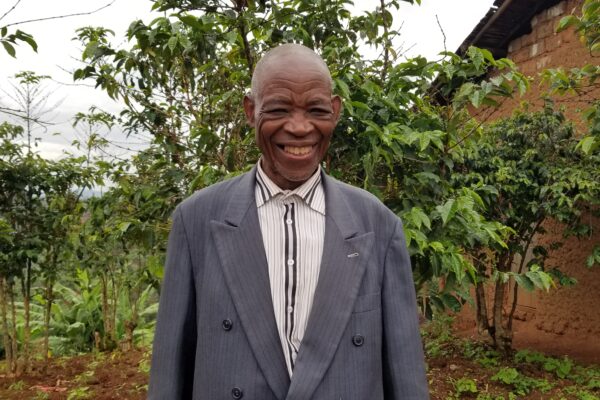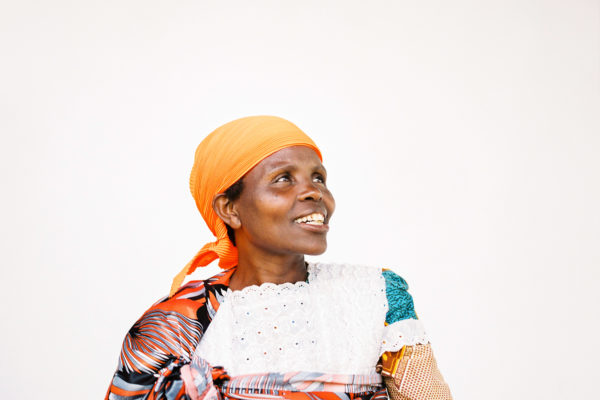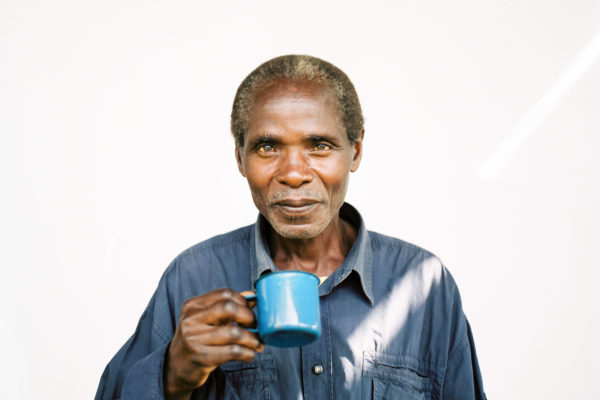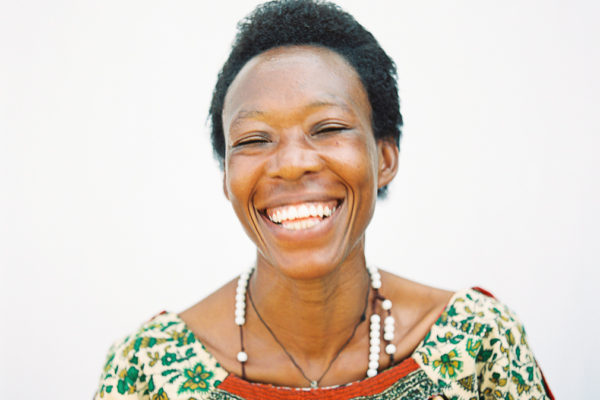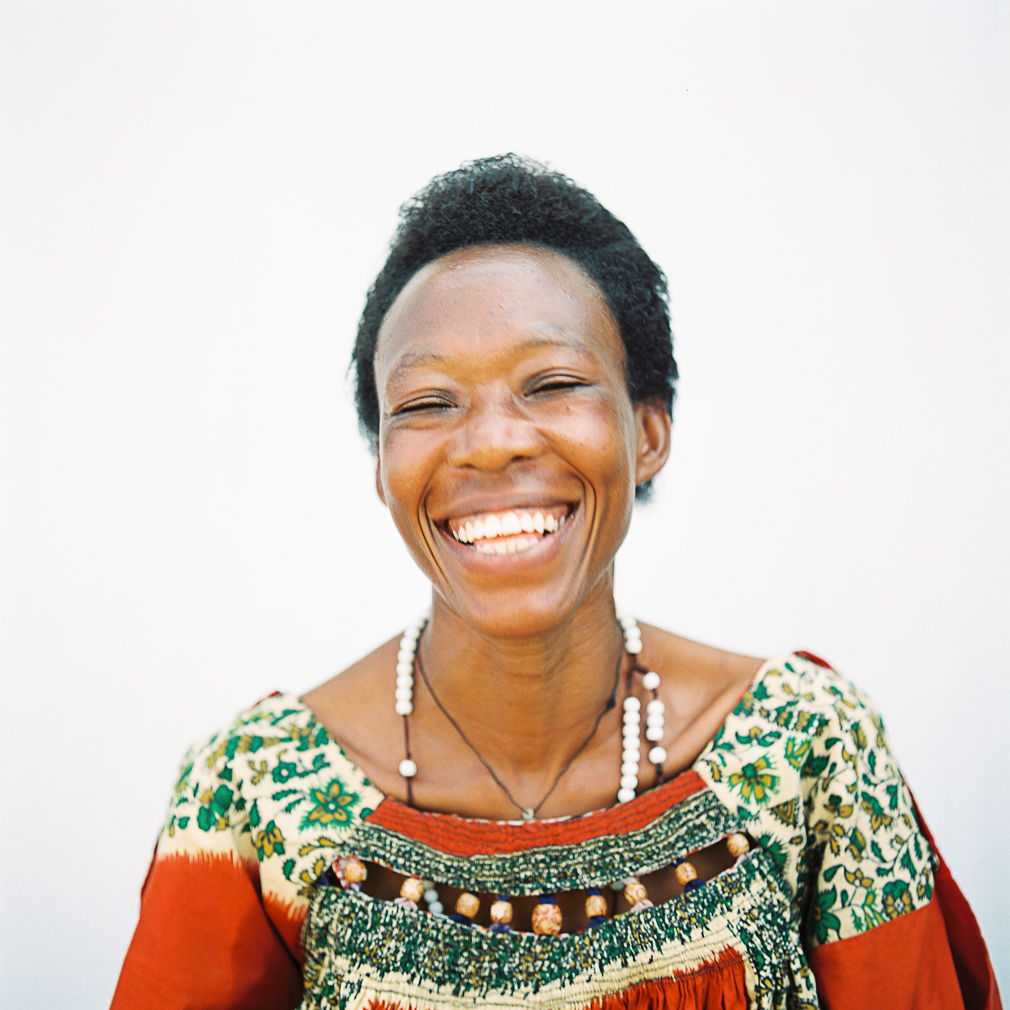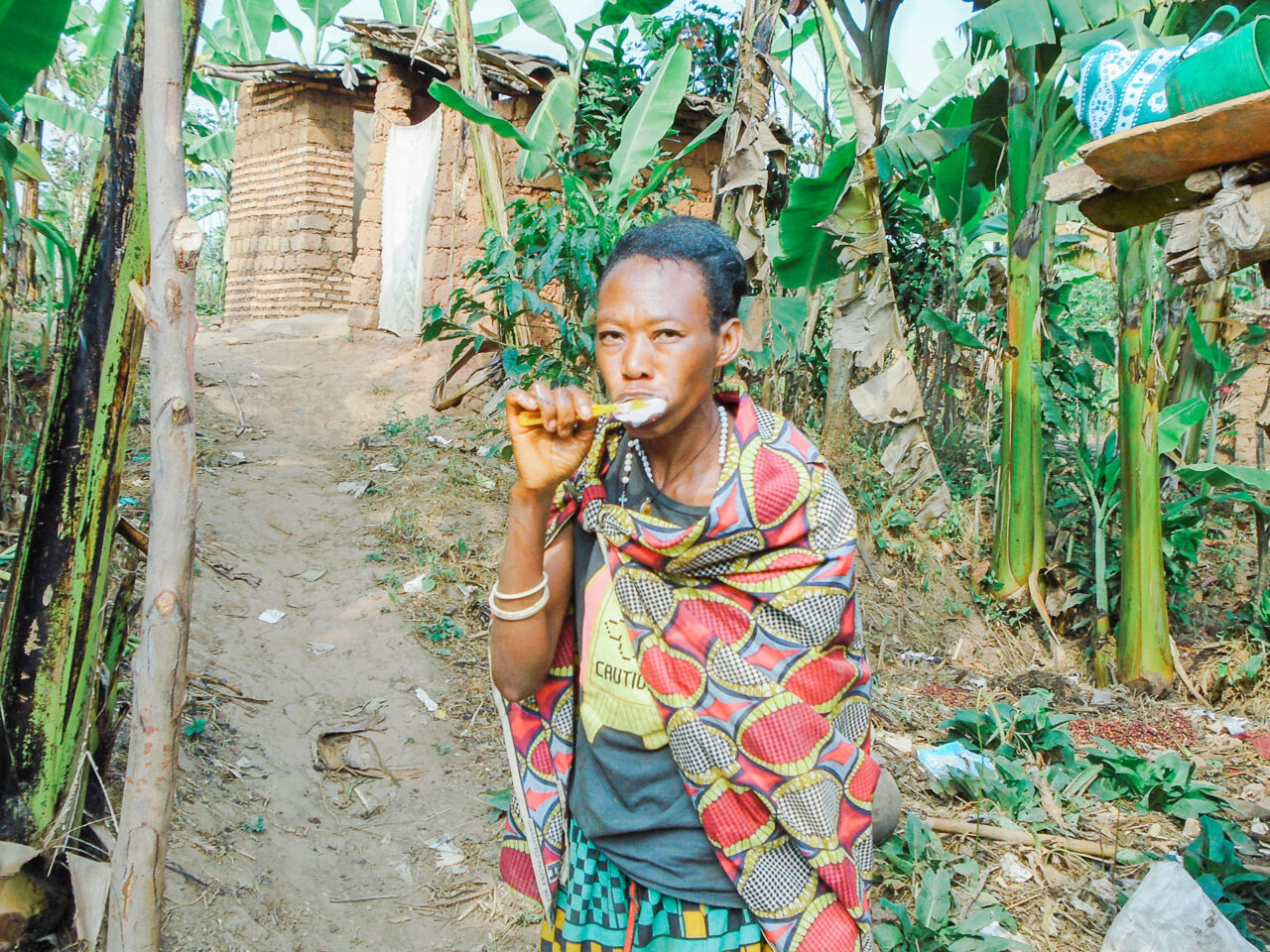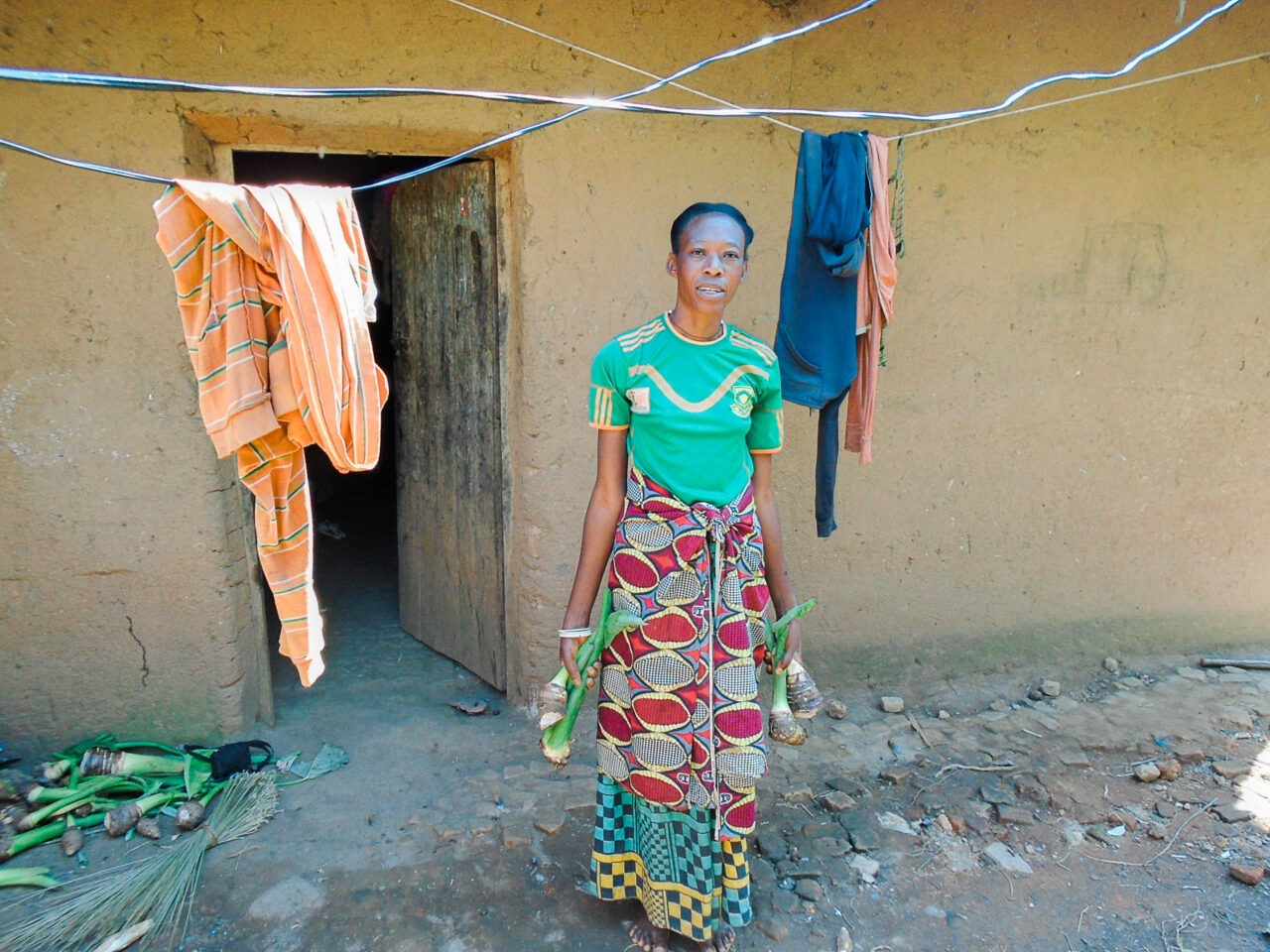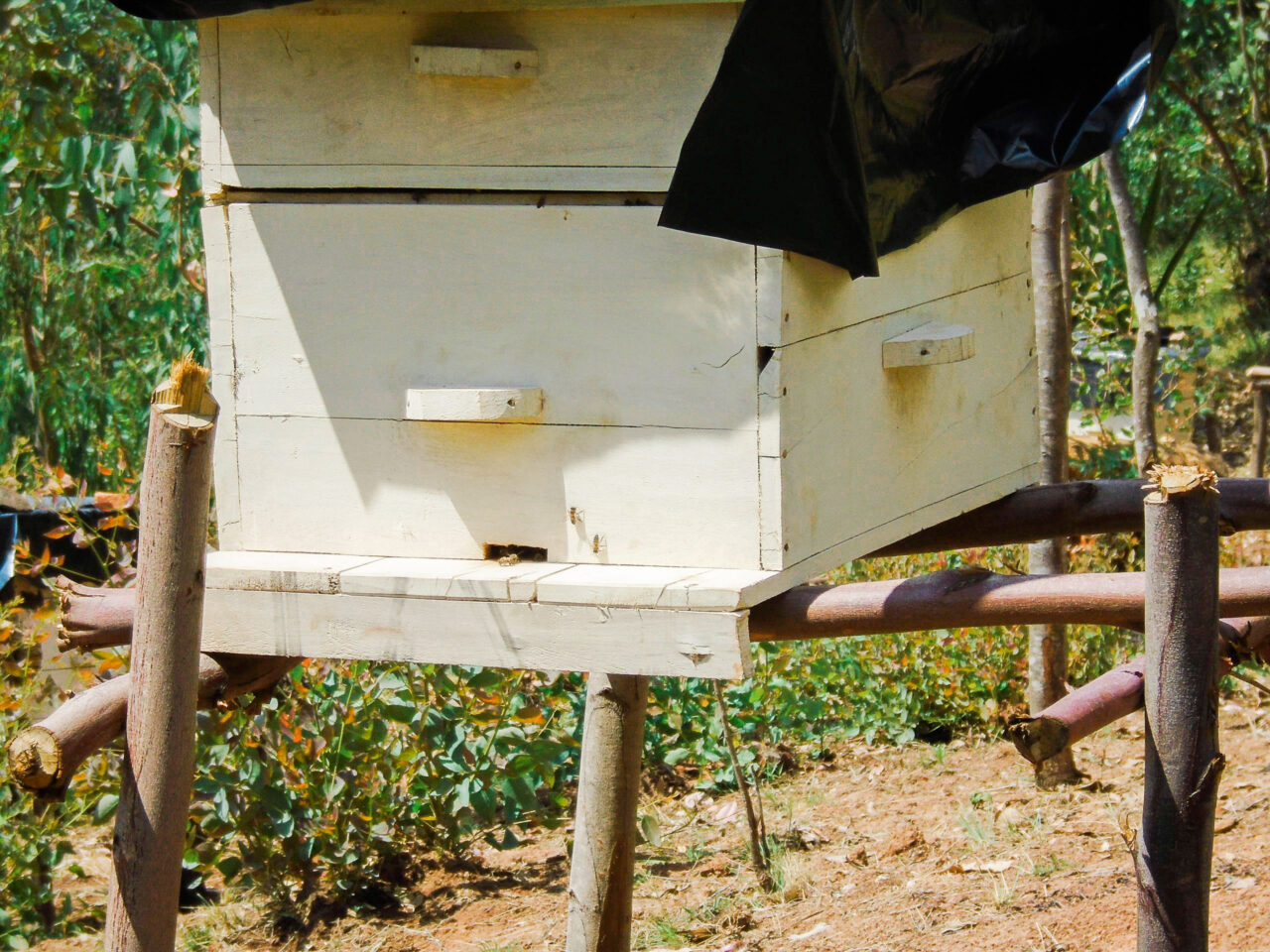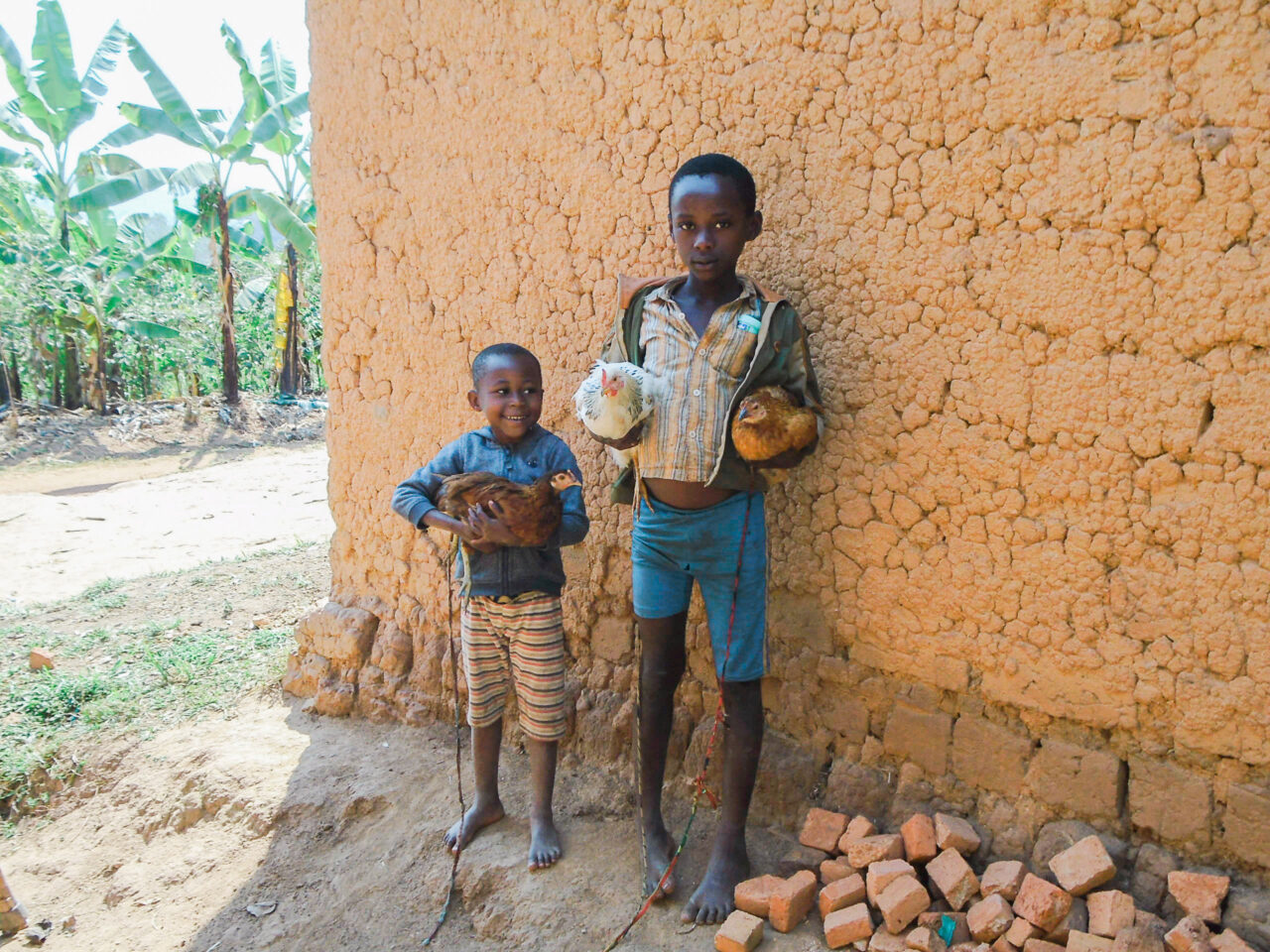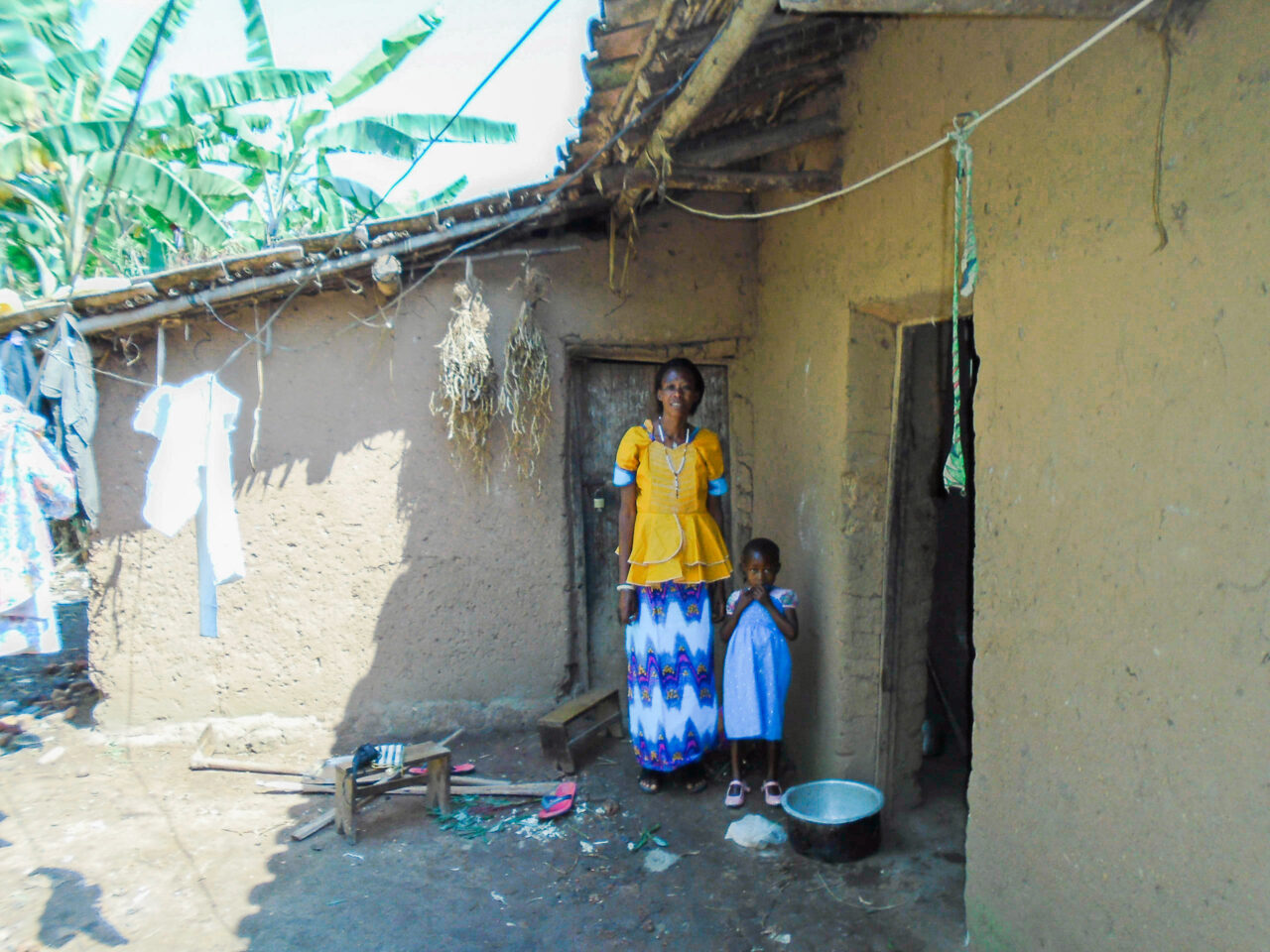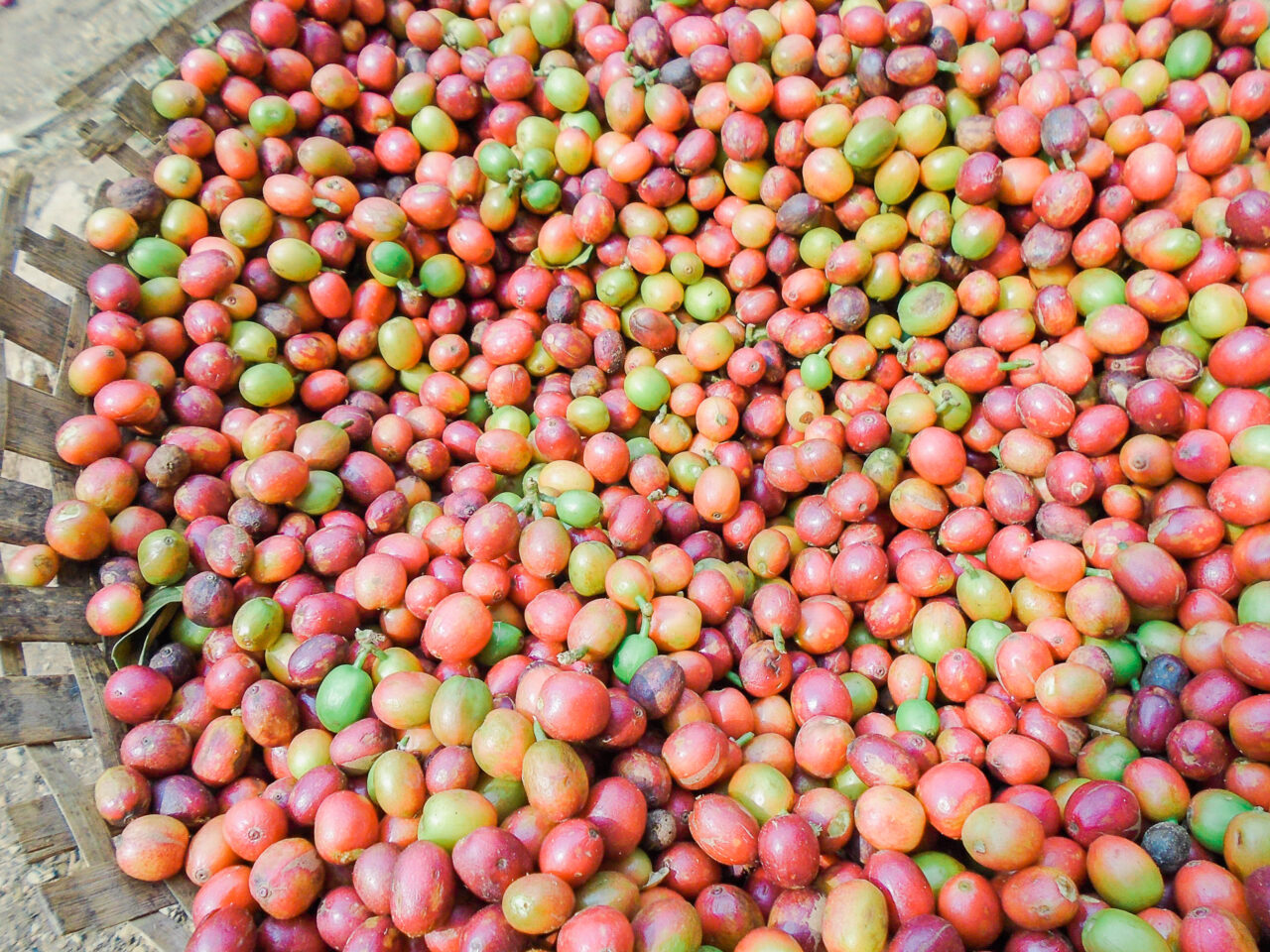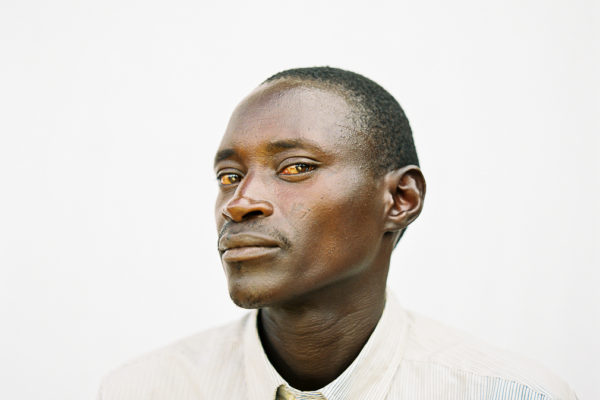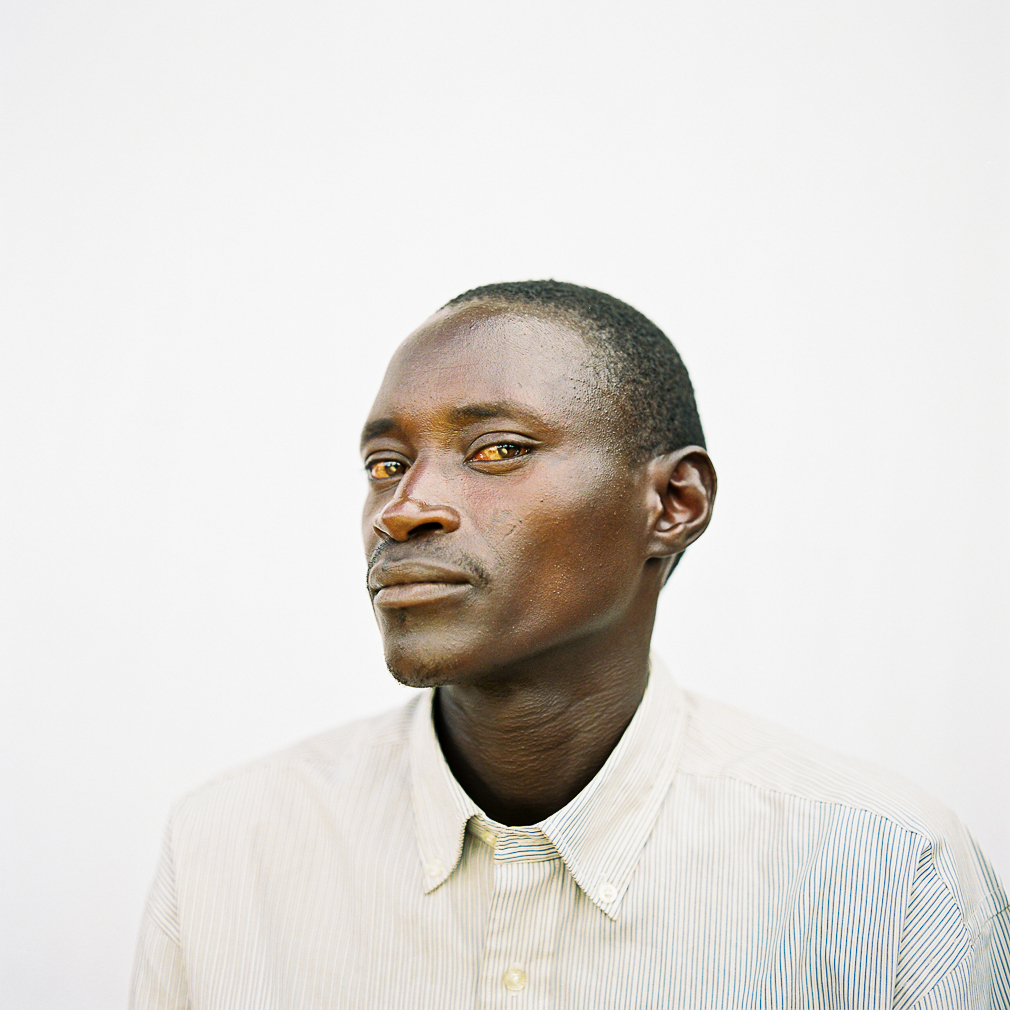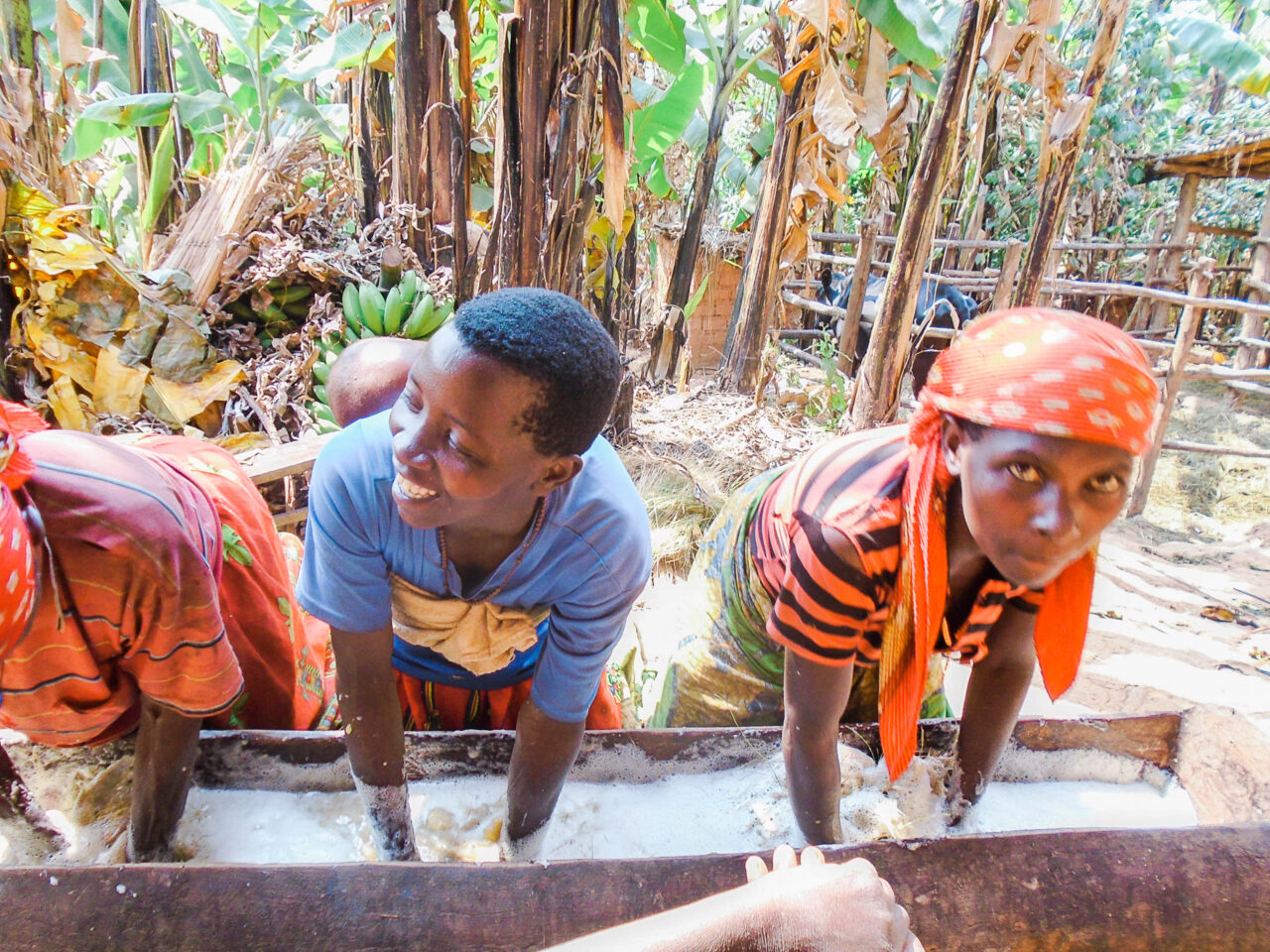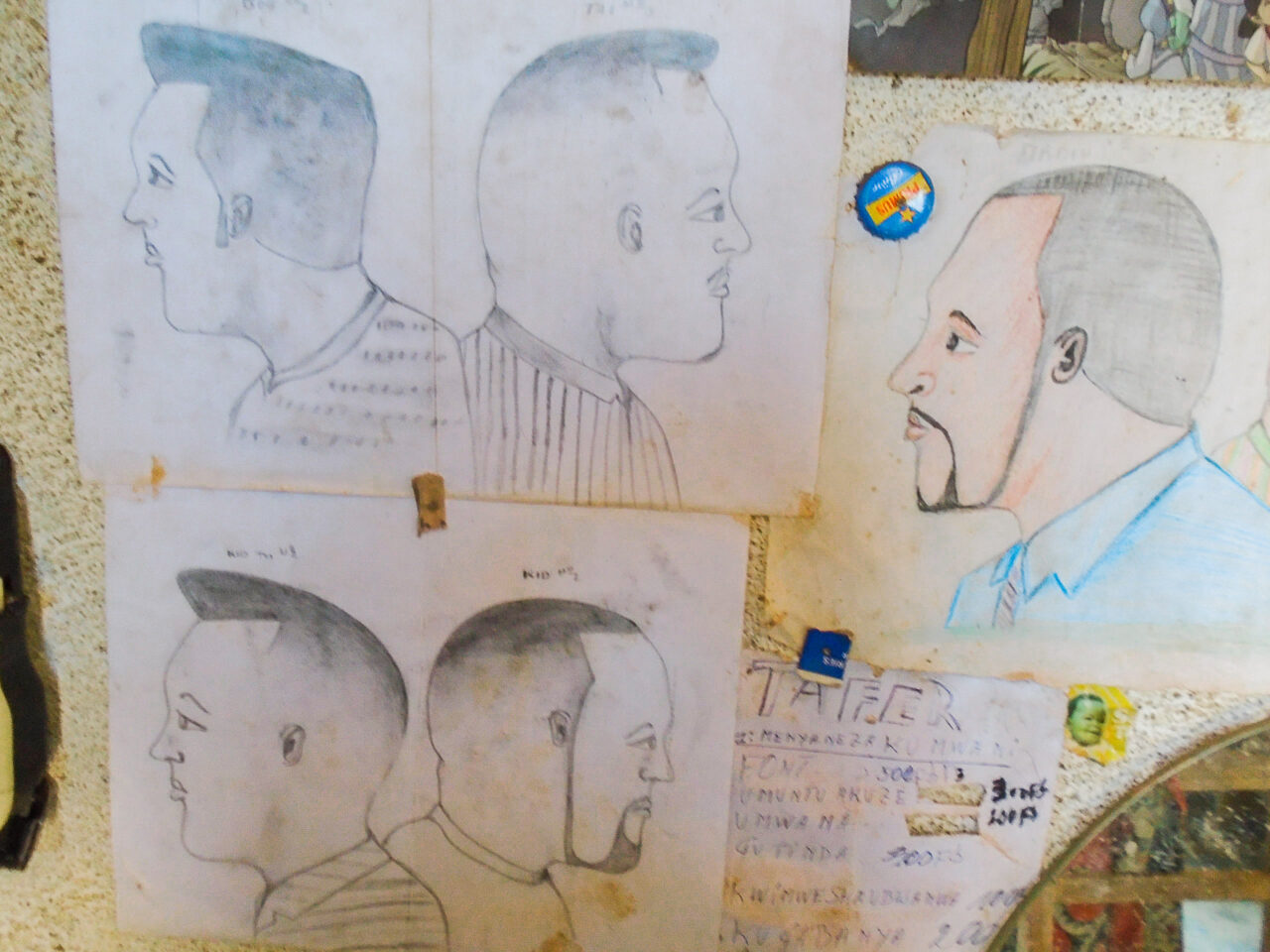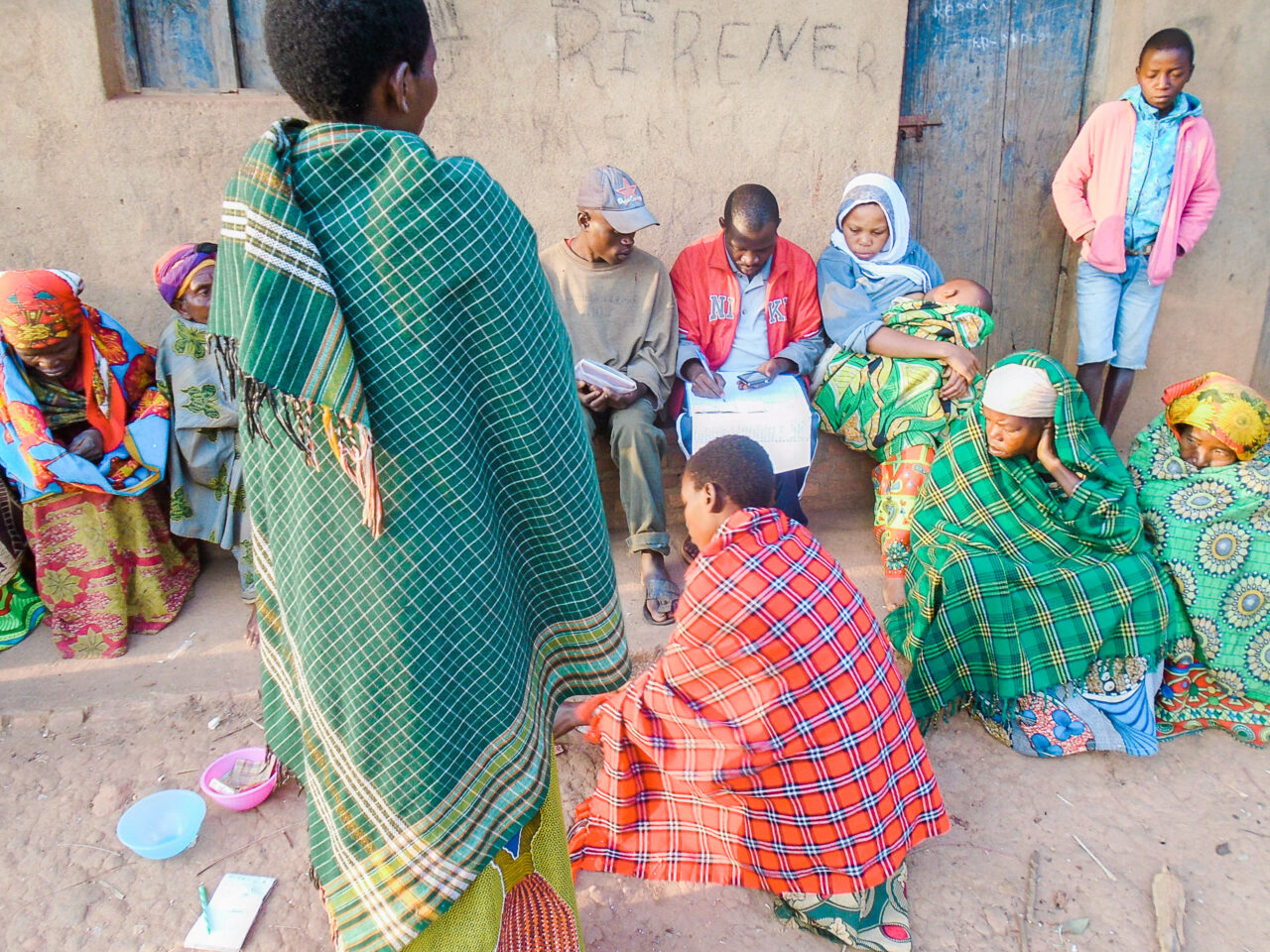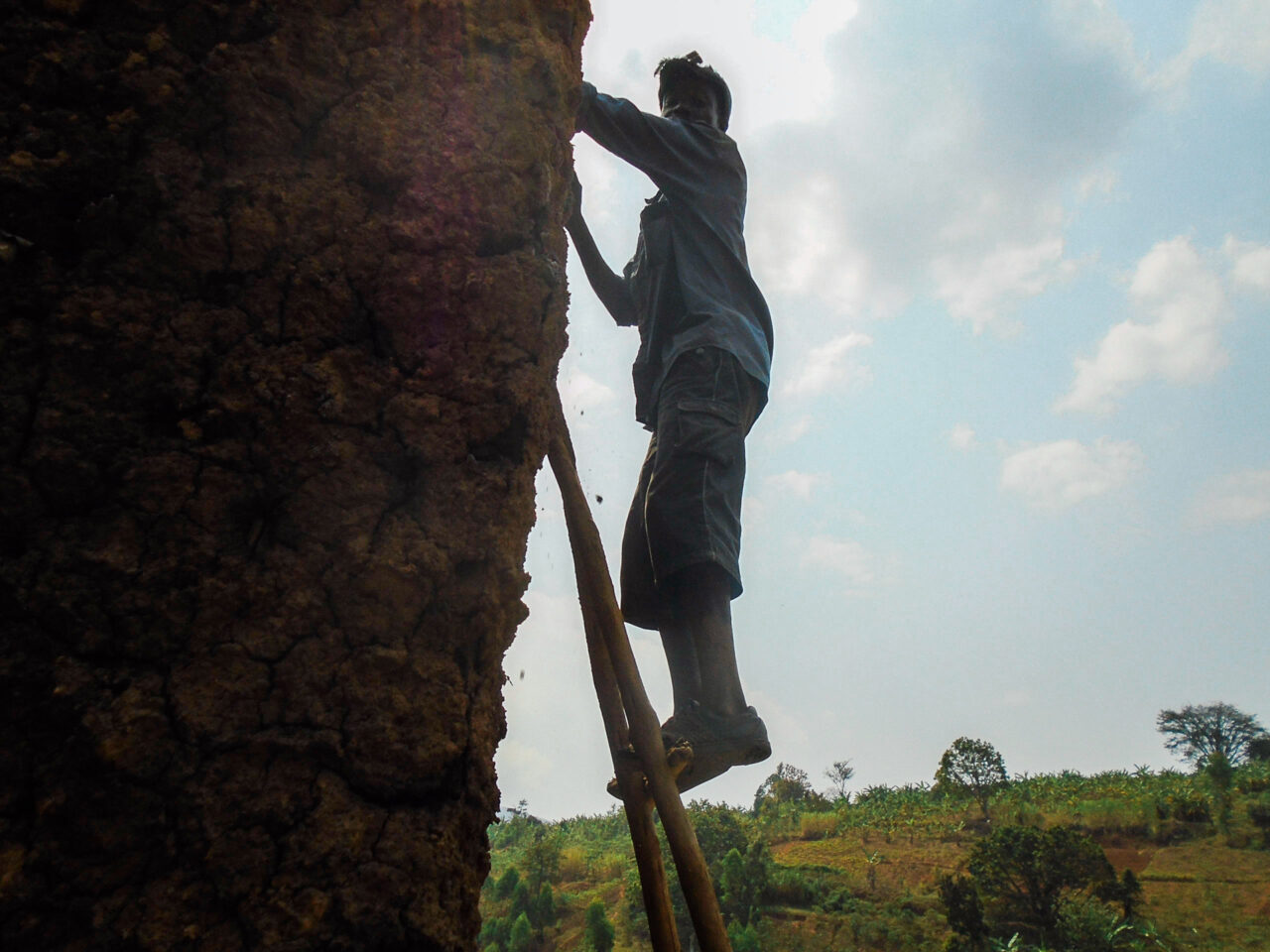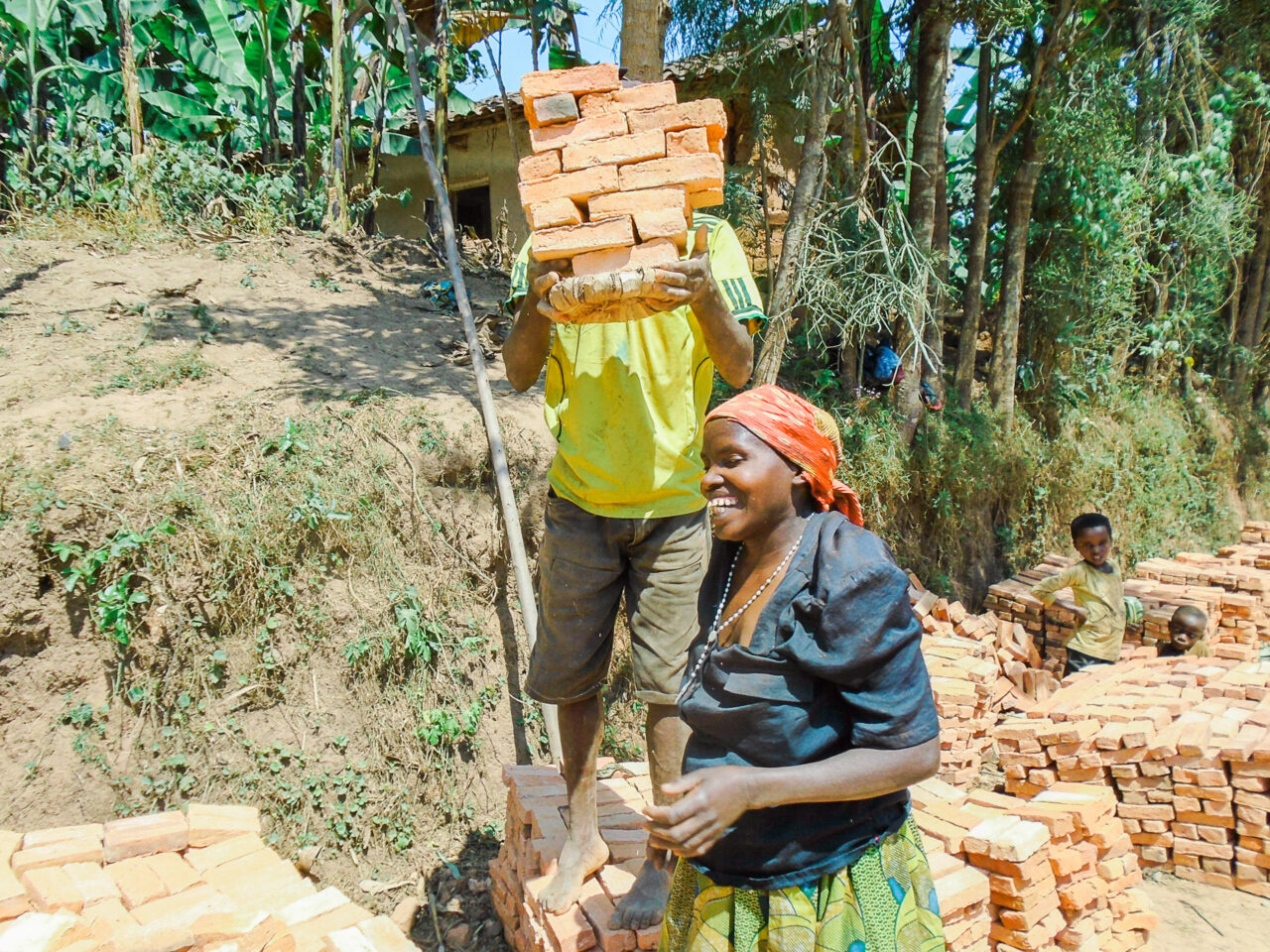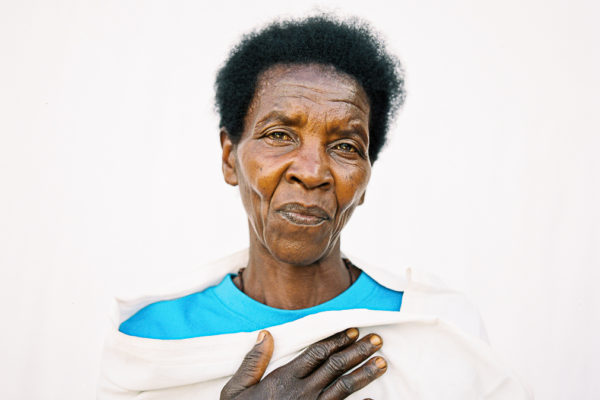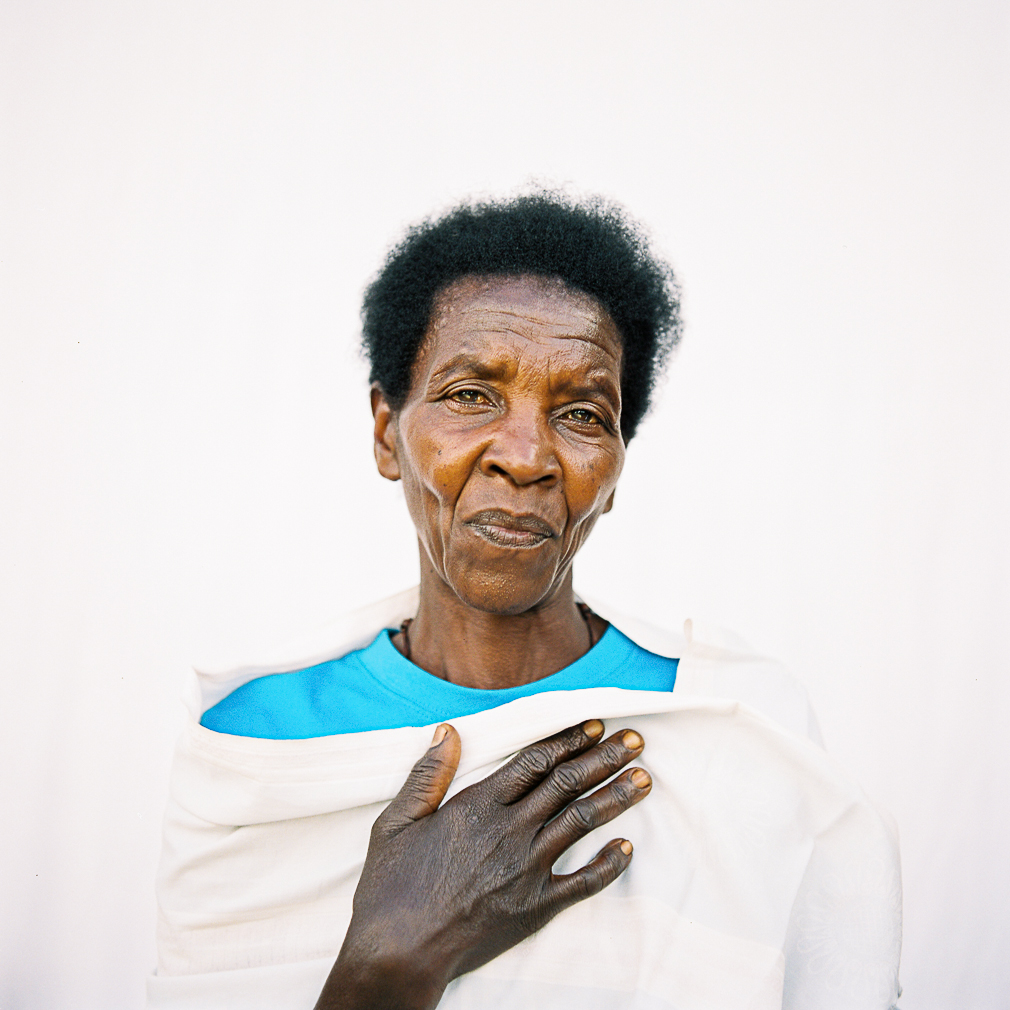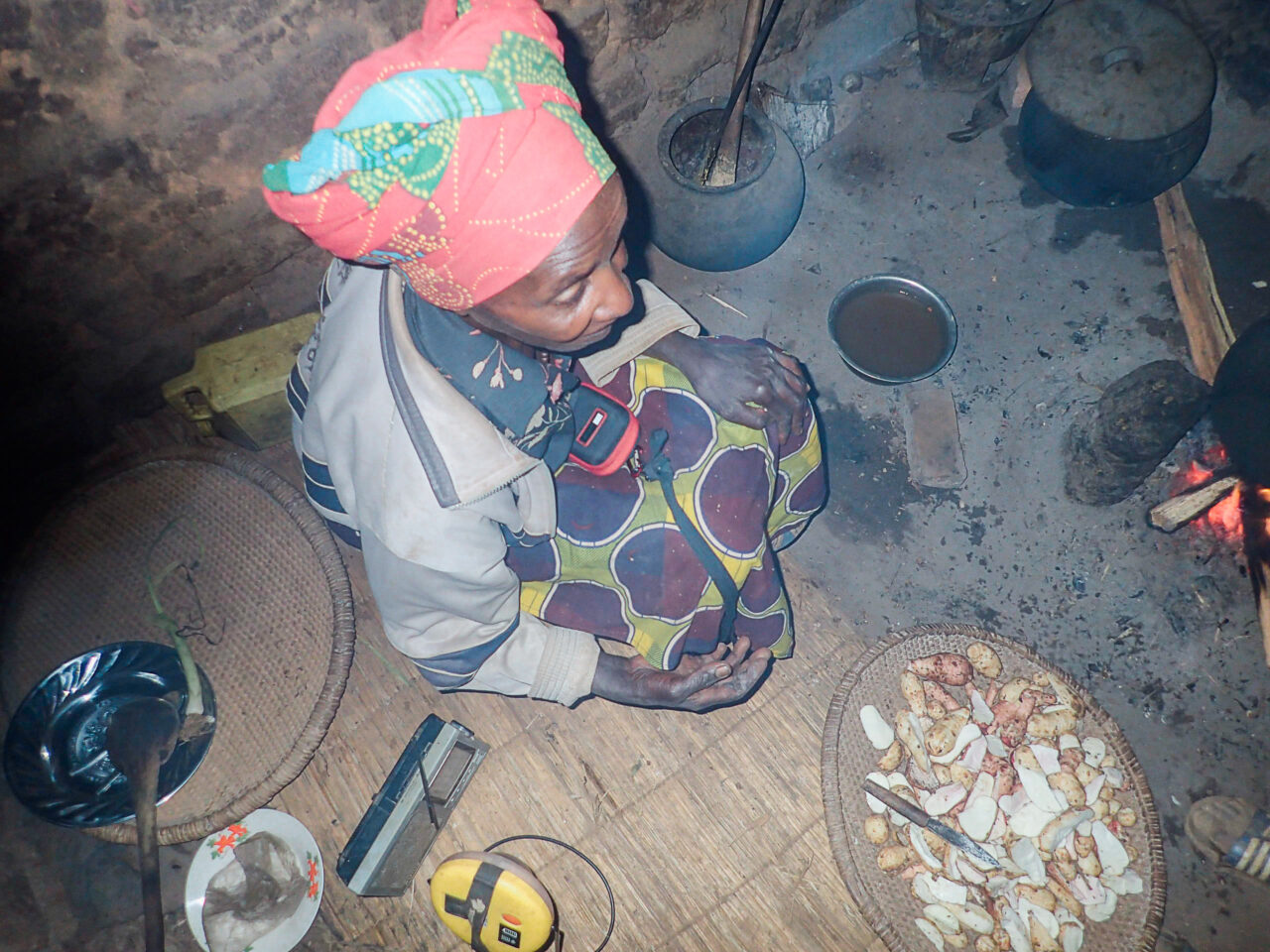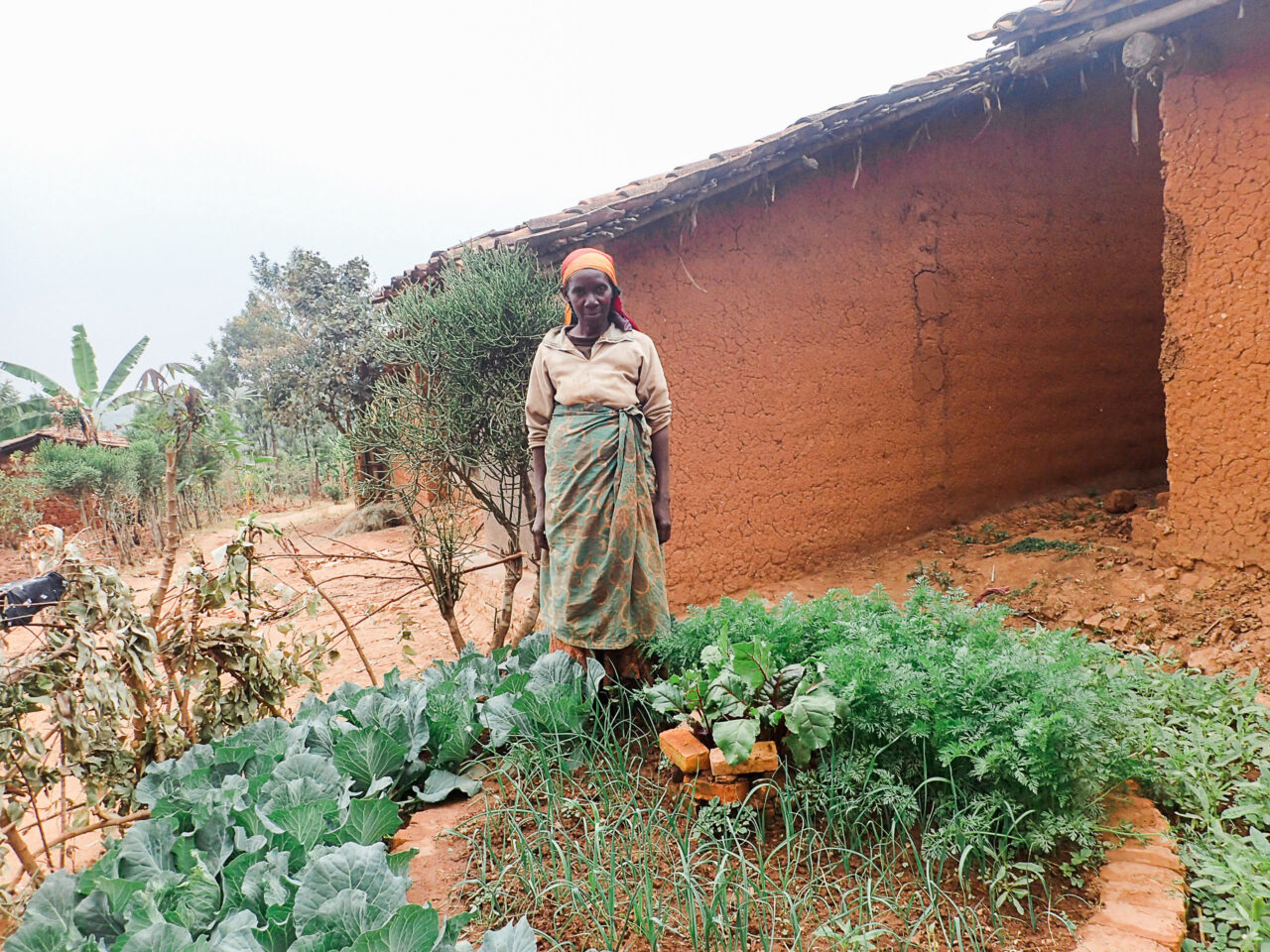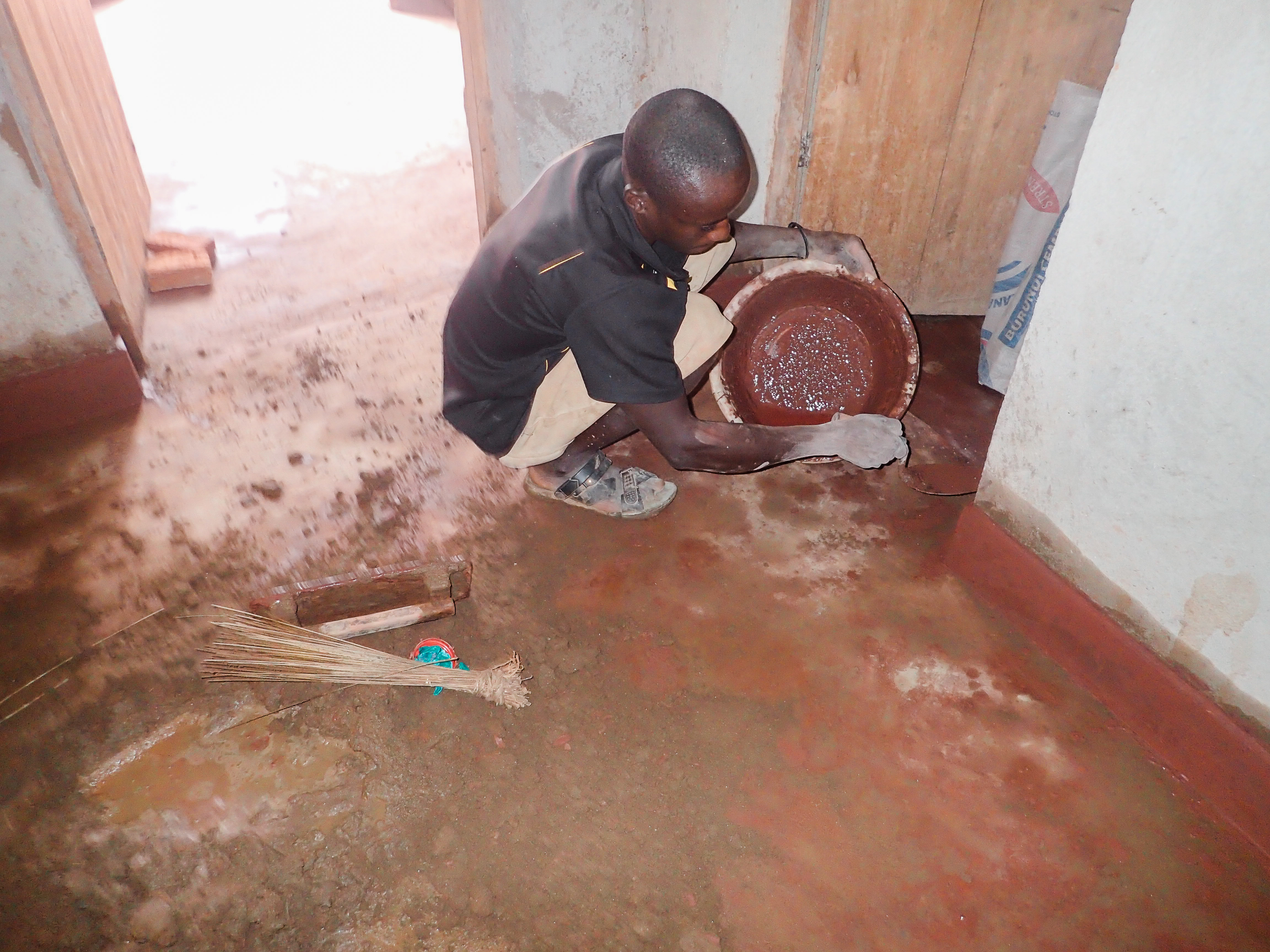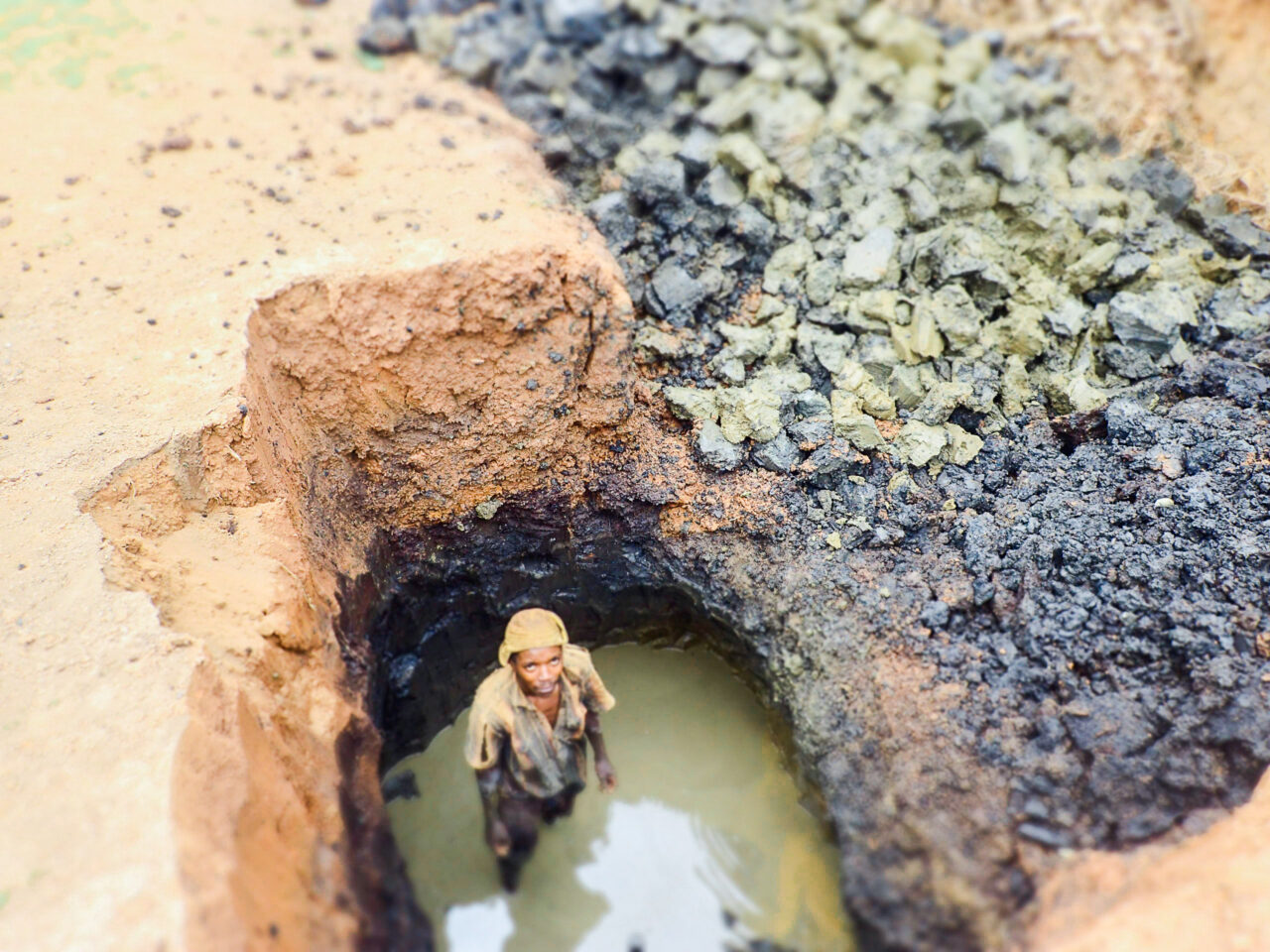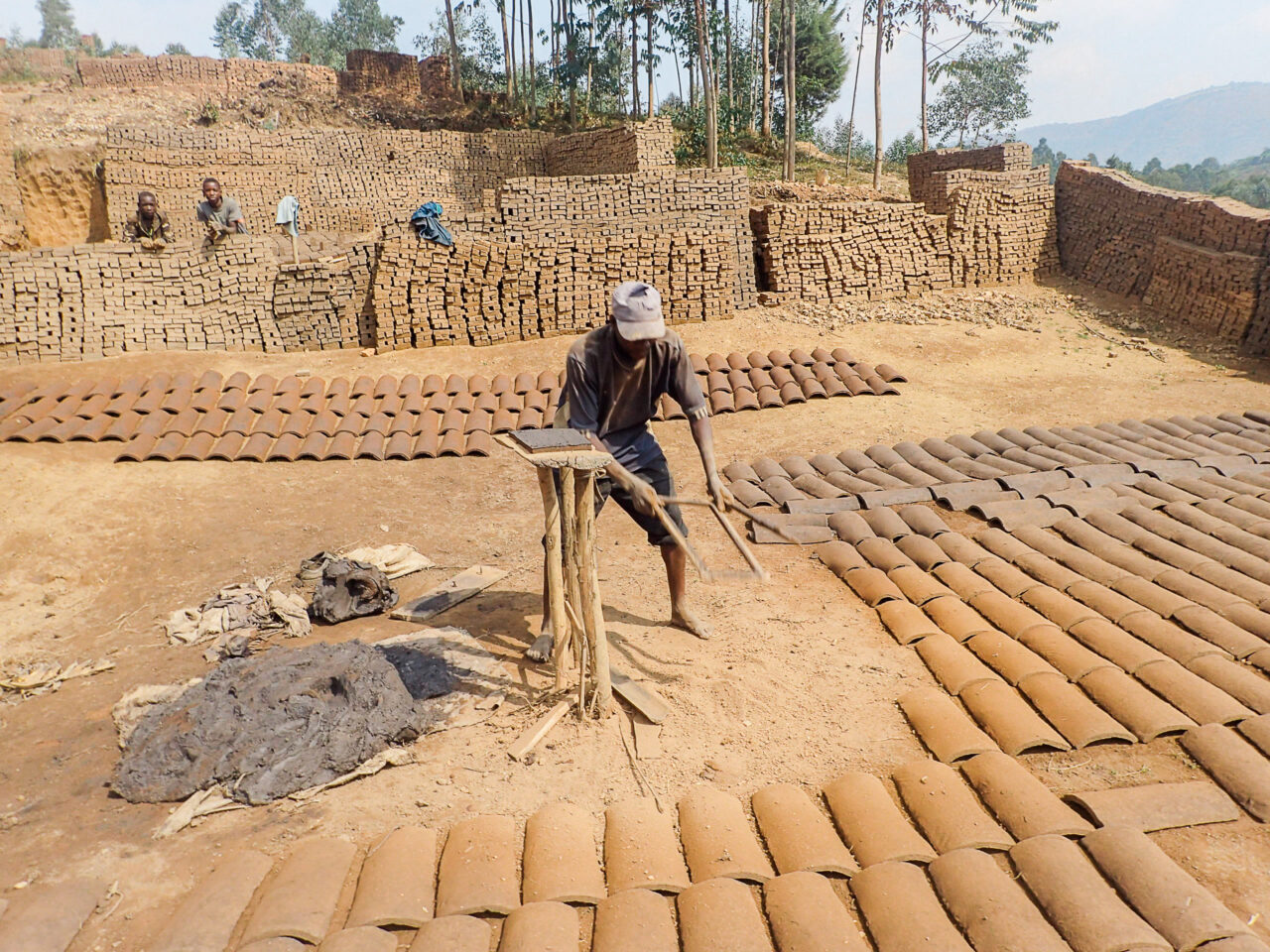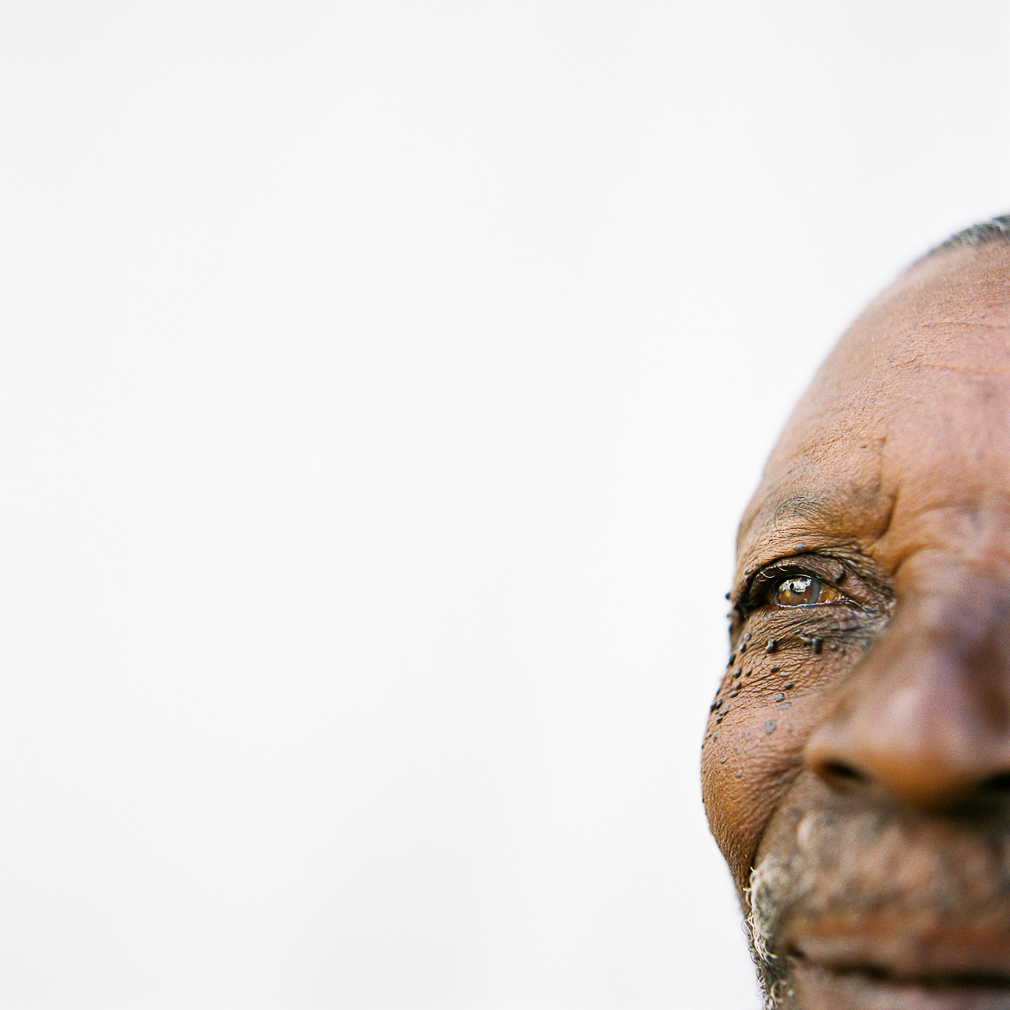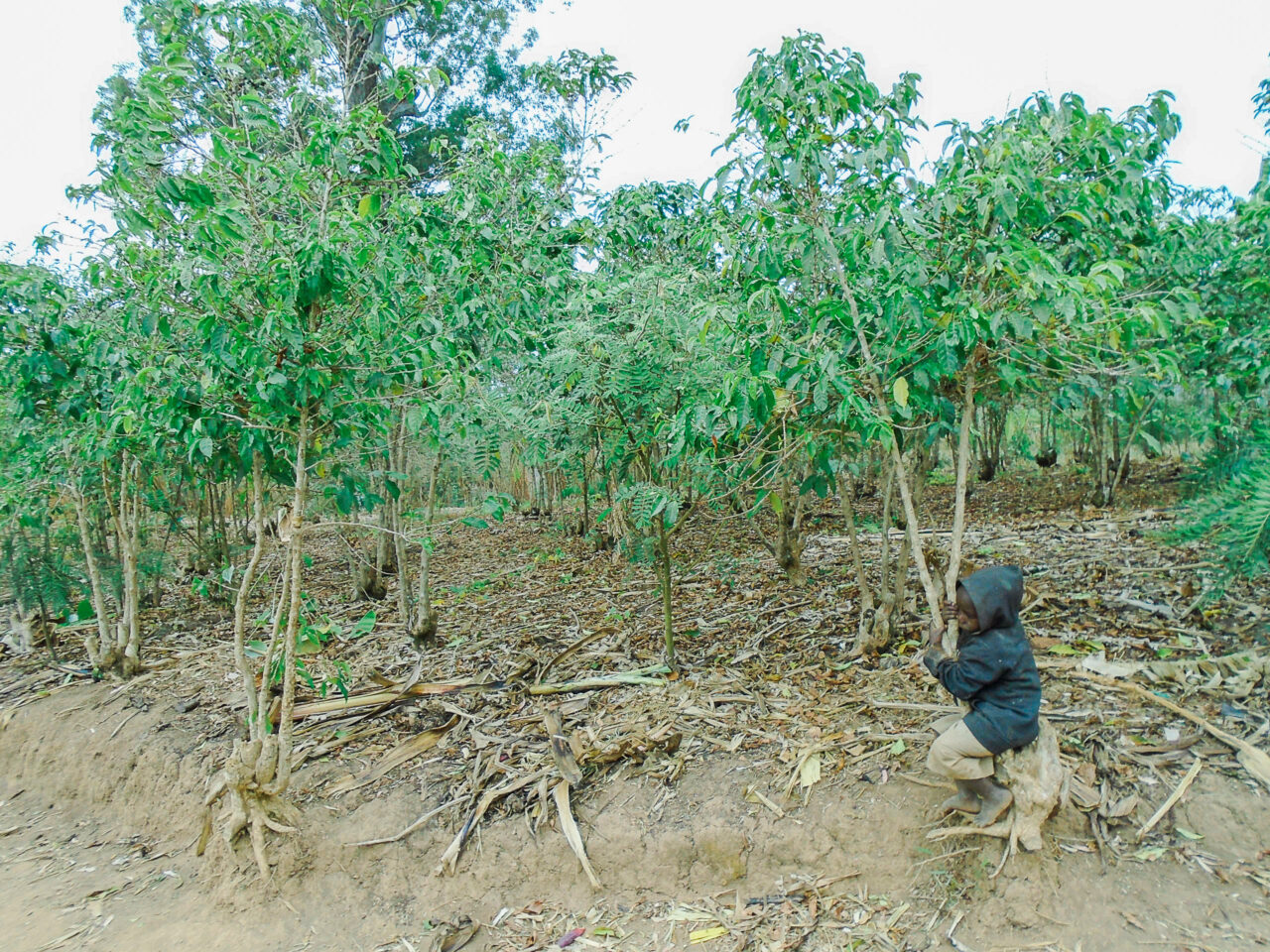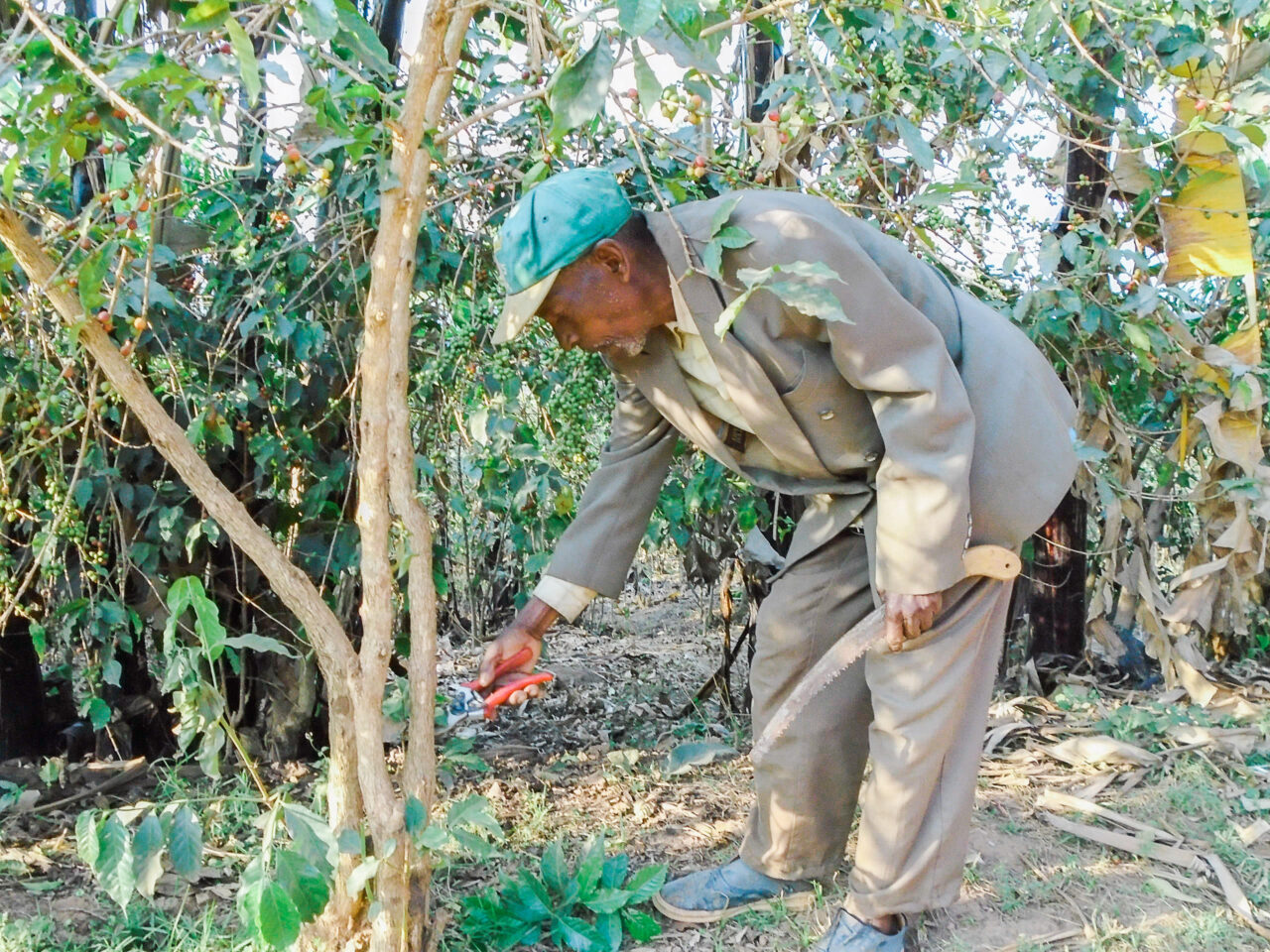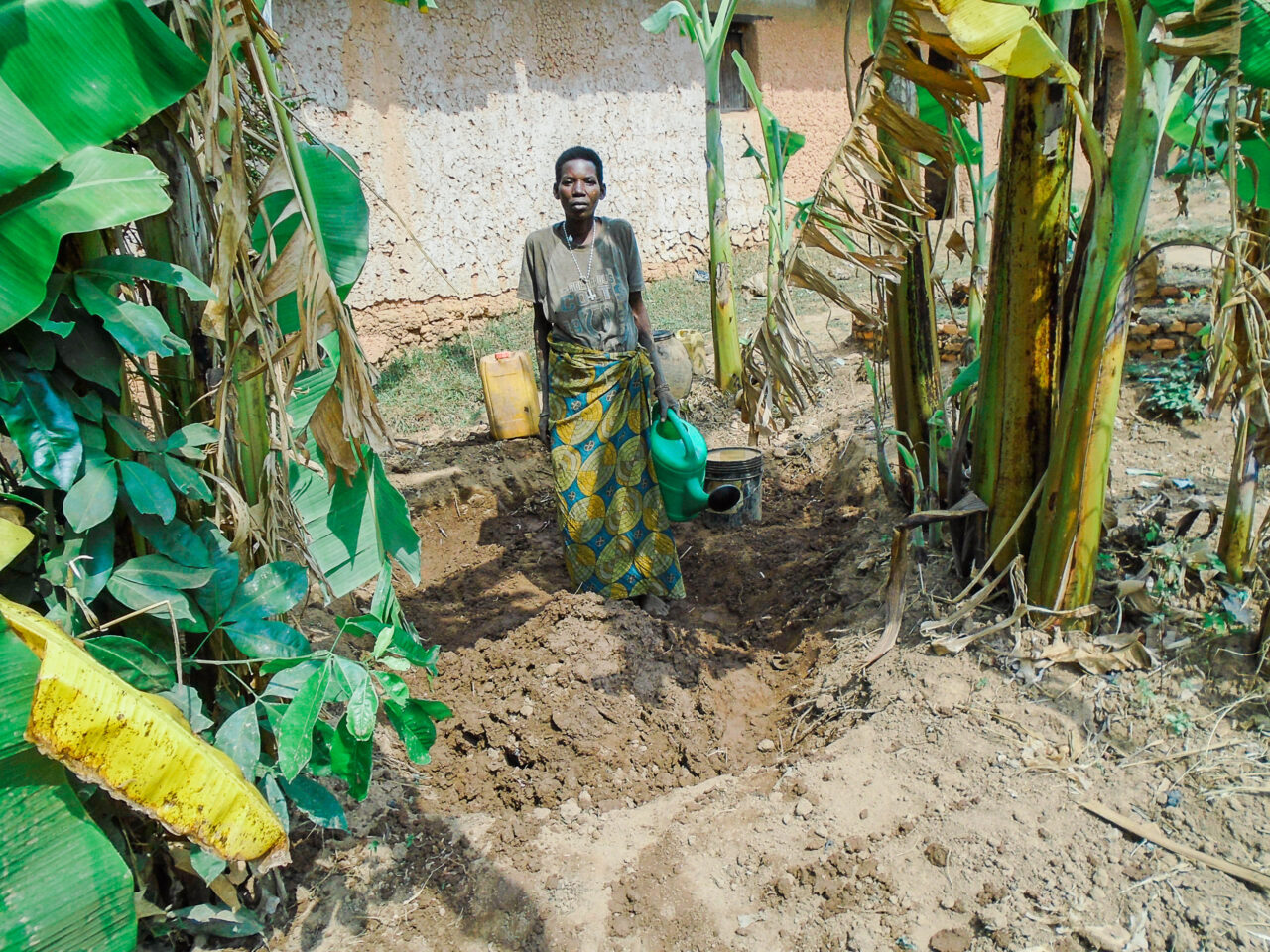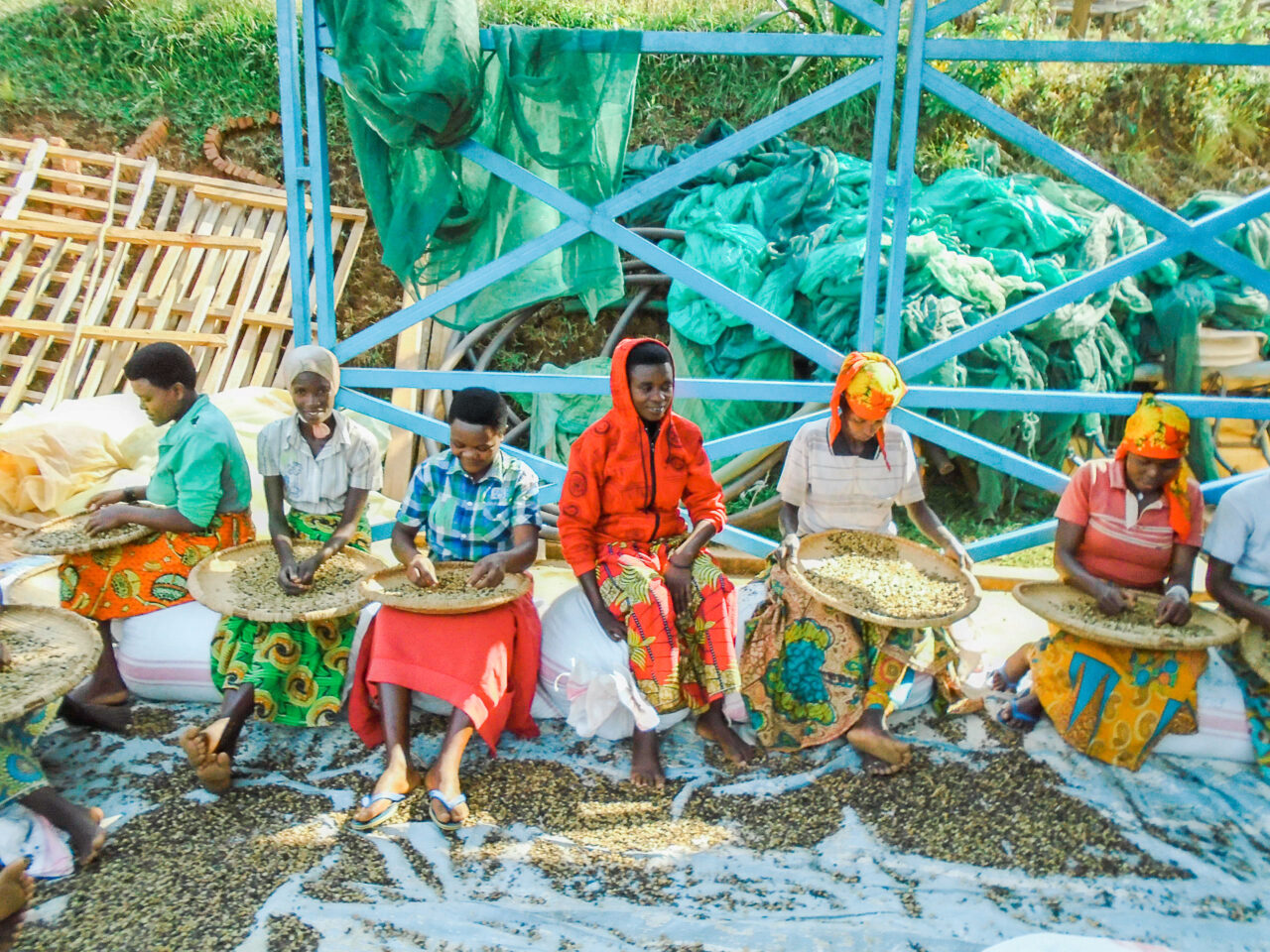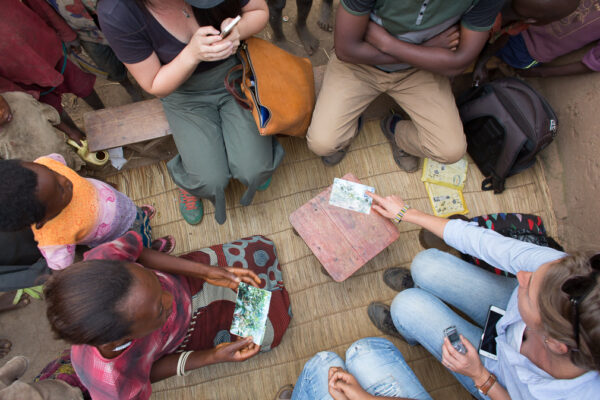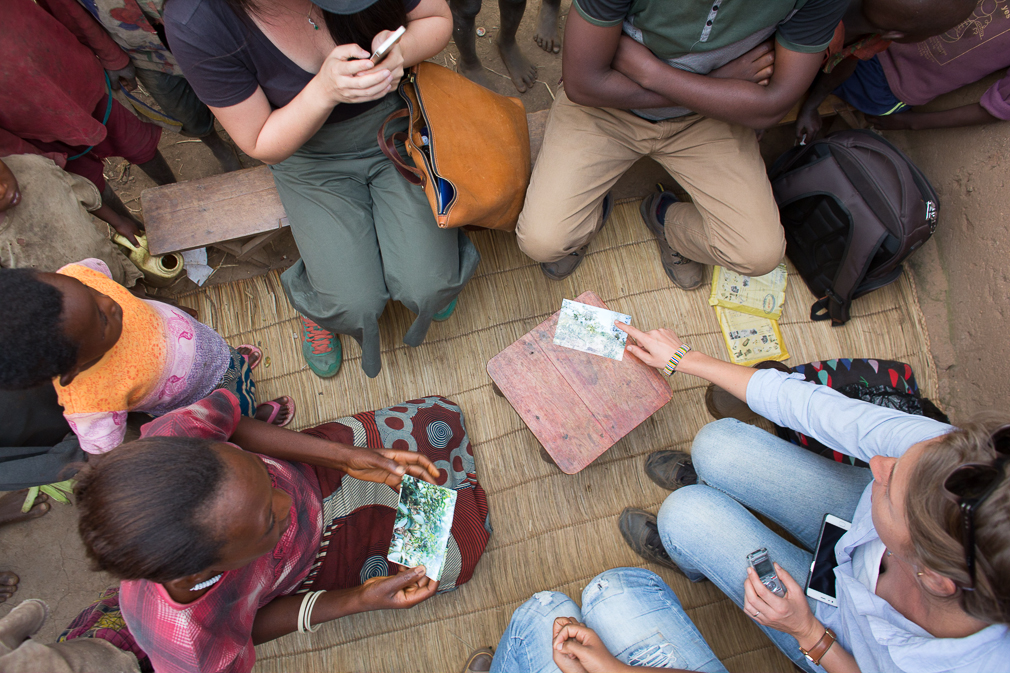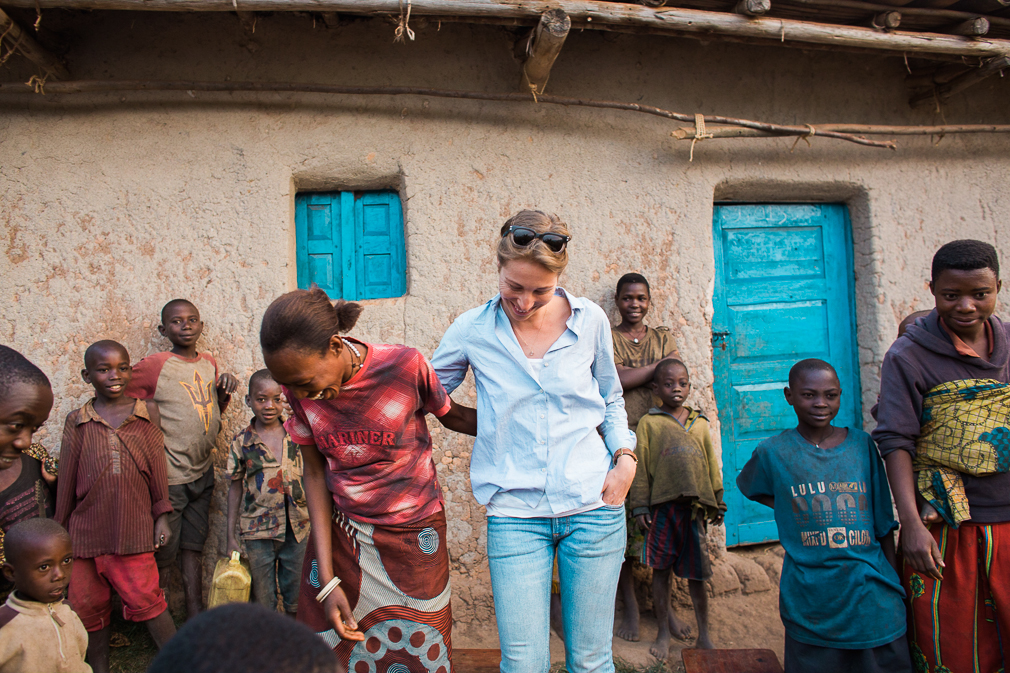This blog post was written by Joy Maguvo, Long Miles Coffee Story Assistant.
Gervais Mpabonimana is a coffee farmer from Kabuye Hill. He is 69 years old and is the father of seven children.
After dropping out of Don Bosco School in 1968, he moved in with his parents. In 1974, after their failed attempts at encouraging him to go back, they gave him a plot of land for planting some coffee trees and ordered him to marry. Gervais was married in 1976. That same year, he planted 60 coffee trees on his plot of land. Most would believe this was the beginning of his coffee journey. However, Gervais had other callings he was interested in pursuing at that time.

He became very involved in Catholicism and was a teacher of children. Growing coffee was not his first priority. In 1978, he went to Centre de Formation à la Catéchisme et au Développement (CFCD) in Bujumbura to further train in Catechism and Catholic development. It was one year before the end of this three-year training program that Gervais’ coffee journey truly began.
While home during a summer holiday, a national survey was conducted to determine the number of coffee farmers and coffee trees owned. The survey consisted of a meeting held on Kabuye Hill where each coffee farmer stood up and informed the group of the number of trees they had. During that meeting, Gervais became ashamed to be the farmer who had the fewest coffee trees. Especially since coffee was considered to be one of the crops that brought the most development to the country. From then on, he was determined to make coffee growing a bigger priority for the betterment of his family and country. After three years of farming-focused training in Bujumbura, he began an internship in Belgium. During this internship, he earned a small amount of money he used to purchase more land for planting coffee trees. TODAY, he has 15 coffee plantations with 1,200 coffee trees located in Burundi.

Beyond being a coffee farmer, Gervais remains a dedicated Catechist and since 2003 has been teaching at the Institut Catéchétique Africain. This school used to be in Rwanda (Butare) but it moved to Burundi (Kayanza Province) in 2002. Here, he teaches four lessons. In addition, he teaches three lessons in Ngozi Province at École Reine des Apôtres (Queen of the Apostles School).
While coffee farming continues to be an important part of his life, Gervais also considers it to be a catalyst in helping him serve God freely with less stress. It is because of coffee farming he is able to spend six days a week teaching. His time is split between Kayanza and Ngozi. He has no monthly salary and through his teachings, he only receives what he calls a ‘fanta’ (very little money). This is a unique situation. In the area where Gervais lives, men are typically in charge of securing income for their family and women provide food. However, for Gervais, coffee growing covers everything. “While I consider being a Catechist one of my callings, I also need to make sure my coffee plantations are well-maintained. Those plantations are why my family is standing,” said Gervais.

With such a busy teaching schedule, Gervais is thankful for the Long Miles Coffee Scouts. They play a big role in helping maintain his coffee plantations. “Before, I used to have at least three hours a week of visiting my plantations which wasn’t easy due to my teaching and travel schedule,” said Gervais. “Now, I feel safe in knowing the Coffee Scouts are doing a great job. My worries are less as they are informing me on what is needed at the plantations and I am able to be more efficient with my work.”
Gervais was planning to be retired soon. However, thanks to the Long Miles Coffee Scouts, the only plan he has for retirement is to continue to focus on his coffee farms and add more in the future.
